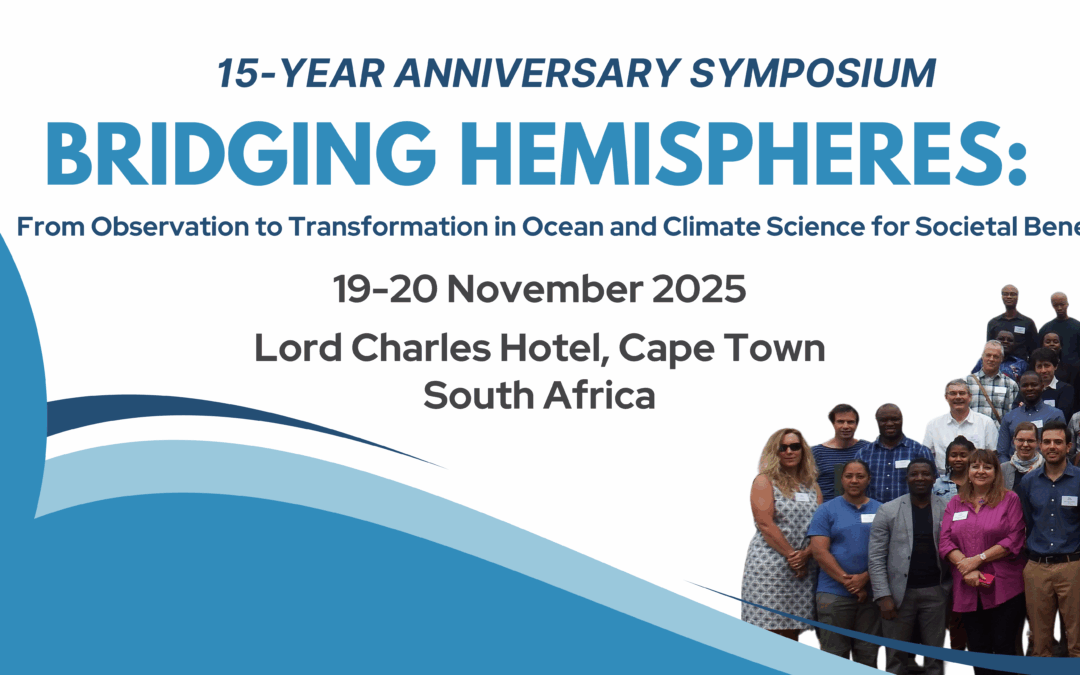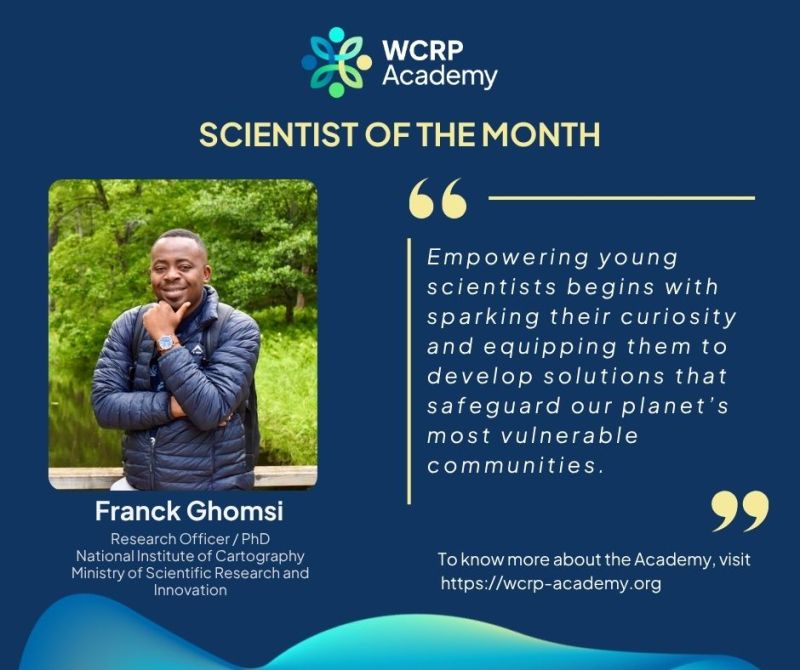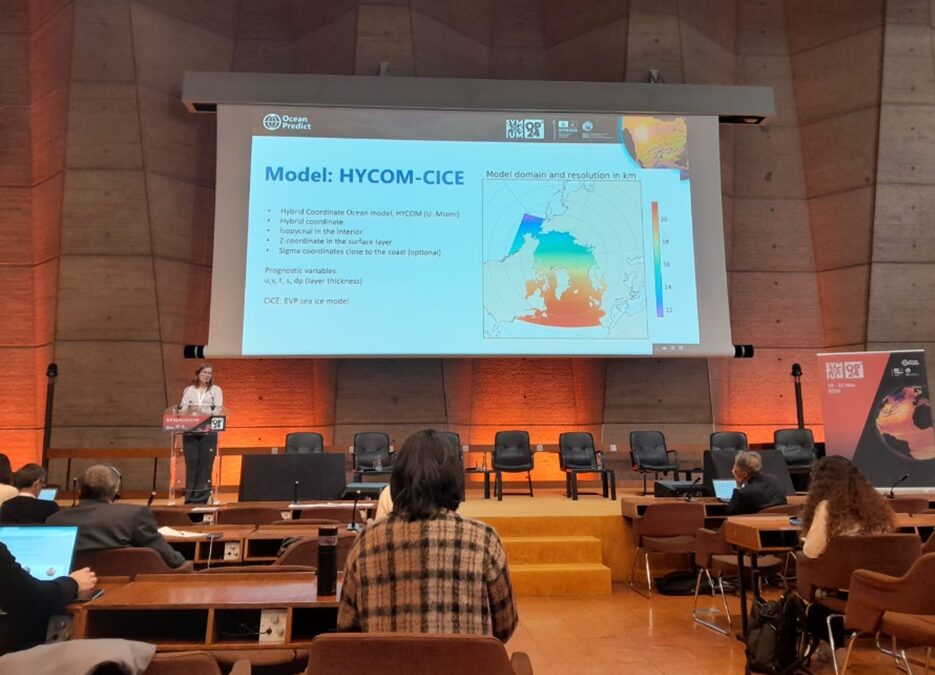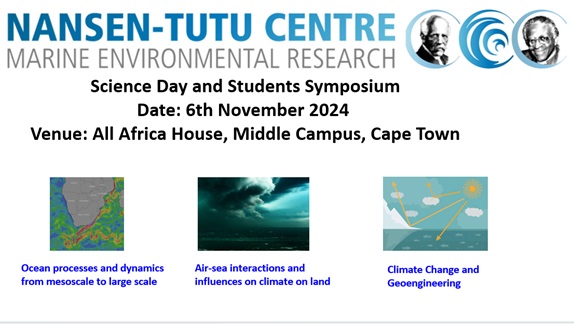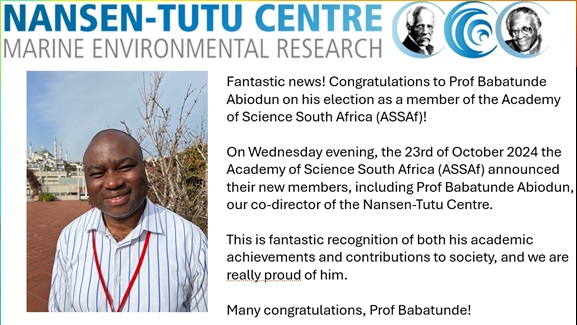In a world where climate systems are becoming increasingly volatile and artificial intelligence (AI) shapes more aspects of daily life, the appointment of two University of Cape Town (UCT) scholars – Professors Babatunde Abiodun and Tommie Meyer – as South African Research Chairs Initiative (SARChI) chairs, reflects the university’s leadership in tackling relevant scientific and societal challenges.

Established by the Department of Science and Innovation (DSI) and the National Research Foundation (NRF), the research chairs initiative is a competitive funding programme designed to strengthen research capacity, foster innovation and boost South Africa’s global competitiveness in strategic research areas. Currently, UCT hosts 25 of the 188 SARChI active chairs nationwide.
Advancing climate science for Africa’s future
Professor Babatunde Abiodun, an internationally acclaimed climate scientist and director of the Nasen-Tutu Research Centre at UCT, has been appointed to the DSI/NRF SARChI chair in Ocean and Atmospheric Modelling. His pioneering work includes developing a groundbreaking global climate model with adaptive resolution capabilities, enabling detailed regional climate simulations.
His research has shed light on tropical rainfall patterns, West African weather systems, tropical cyclones in the Indian Ocean and the influence of global oceans on southern African rainfall.
Through the SARChI chair, he aims to refine ocean-atmosphere models to improve understanding of the interactions that drive extreme weather events in Africa and its surrounding oceans. His research will also support multidisciplinary studies on the impacts of climate change, examining how and when climate activity affects biophysical systems and socio-economic activities. Additionally, he plans to explore climate intervention strategies that position the continent in global discussions on climate resilience.
He noted that UCT is already playing a leading role in investigating the potential impacts of Solar Radiation Management (SRM) in the African context. “The SARChI [chair] is a unique opportunity to enhance this leadership through the application of coupled ocean-atmospheric models.”
Beyond research, Professor Abiodun is passionate about nurturing the next generation of climate scientists. “Developing future leaders in climate modelling has always been my passion and it is at the core of the SARChI chair,” he said.


